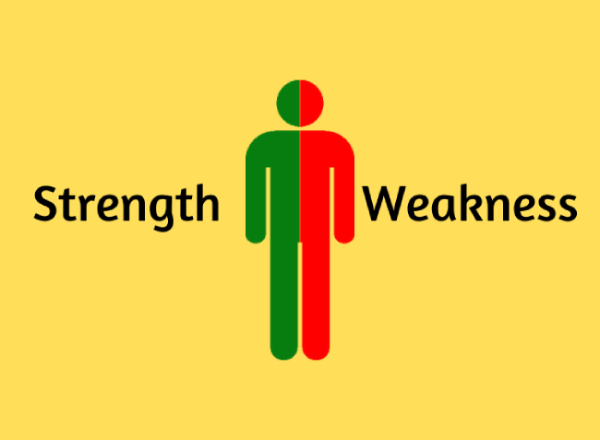Some Insights Gathered from My Mentoring Journey
If somebody asks me what my mentoring journey looks like, I would say “it has been an inspiring ride that has improved all aspects of my work and life”.
Now, you will be asking me “hey, you are supposed to enhance your mentees’ lives!” Let me tell you, all great mentoring experiences will ideally be a two-way enhancing process. Because it’s a process of cross-cultivation that benefits both the mentor and the mentee.
Who is a mentor and how does he/she differ from a coach?
Merriam-Webster defines Mentor as ‘a trusted counselor or guide’. A mentor is “someone who teaches or gives help and advice to a less experienced and often younger person”.
Mentoring is a learning and development partnership. This partnership happens between someone who has adequate experience and someone who wants to learn from the other person’s knowledge and experience virtue.
A mentor and a coach are different persons and the two experiences are also different. Mentoring is a long-term process wherein the mentor shares his knowledge, expertise, and guidance to the mentee. Coaching can be a short-term process wherein the coach imparts specific skills and training to people who seek to learn from him.
Mentoring is based on mutual trust and respect as it involves guidance at an all-inclusive level. Coaching aims at improving the performance that has a direct effect on the current task/employment/project.

How’s effective mentoring possible?
It’s vital to have a one-to-one mentor-mentee meeting in order to have an effective process in place. This helps the mentor to analyze the mentee’s aspirations, challenges, and concerns in a more realistic way.
As a person on both sides of the mentoring process for more than 20 years, I believe that helping the mentee to find his/her strengths and weaknesses is one of the most critical purposes.
It could be accomplished by challenging the biased thinking and goals of the mentee and guiding him/her in the right direction. Mentors have to patiently dedicate their time and wisdom to have a long-term understanding of mentees’ growth and development.
How to Help Your Mentees Find Their Strengths & Weaknesses?
When confronted with questions regarding strengths and weaknesses, most people come up with generic, unimaginative, and no-brainer answers such as team spirit, hardworking, people management, etc.
But are they realistic answers? Don’t you think there should be unique strengths and weaknesses that differentiate each individual?

I follow a useful method to help my mentees discover their strengths and weaknesses. I usually do this by asking them to choose incidences that inspire them and those that dispirit them.
It’s a simple human nature that when you have to do a task that you are not very fond of doing, you will find hundreds of reasons to postpone it or to withdraw from it. Simple distractions will keep you away from doing it. You can’t help it as your personality is not wired for that particular mission. You may do it as you are bound to do it; but, not with passion. This may reflect in the results as well.
On the other hand, if you love to do a particular activity, nothing in the world can stop you. Nothing can distract you from doing it.
Keep a track of both kinds of reactions in response to different activities (it could be meeting a person, taking up a project, participating in a discussion, etc.) that you take up. Find out the commonalities in them. This will help you discover what your strengths and weaknesses are.
And remember the following:
• This is not a short-term process. This exercise should be observed for long-term to clearly identify your strengths and weaknesses.
• Take care to write down each incident in detail. For example, if it’s about a new project, make a note of simple elements such as teammates, client, project brief, why is it exciting/boring, etc.
How does effective mentoring help?
The identification of your true strengths and weaknesses gives a reliable start to the mentoring process.
• It will help your mentees to fix their disoriented goals in life.
• It will help them to decide what to accomplish related to his/her strengths.
• It will give an opportunity to analyze their weaknesses and refine them if they are affecting the quality of their professional life.
• It will help them realize the real passion that drives them.
A mentor can be a trust-worthy and inspiring friend to the mentee.
Wrapping up
The twist in the mentoring experience is that the success rate of it lies mostly with the enthusiasm of the mentee in accepting the inputs and challenges given by the mentor (given that the mentor has been really helpful in delivering his/her responsibilities). If the mentee responsibly puts in efforts to make things happen and sets plans into action, the process will definitely be a lasting success.
The knowledge and encouragement gained from a true mentor will stay with the mentee for long years creating ripple effects throughout his personal/professional life.


